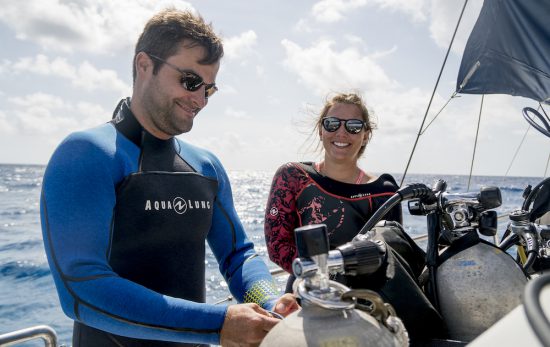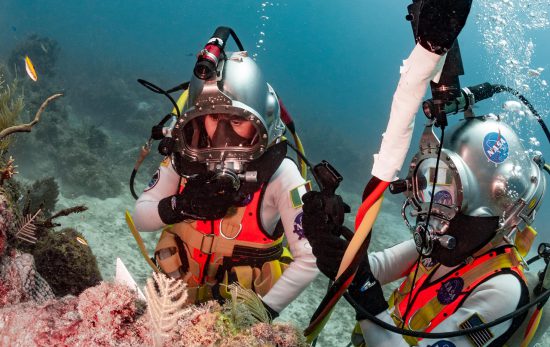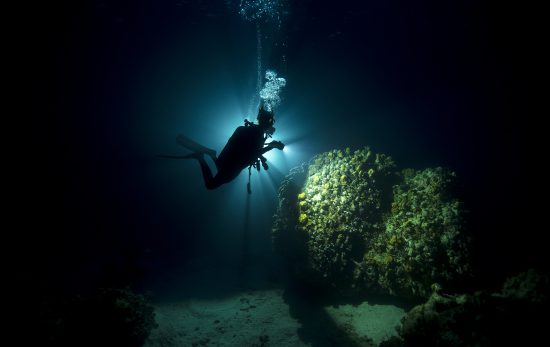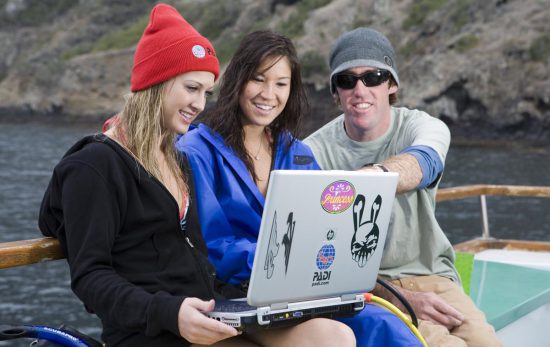These days you hear “never stop learning” so much it’s practically a cliché, but for good reason. Today technologies and methodologies evolve rapidly so that more than at any time in history, continuous education is crucial to staying informed and relevant in every field. More than just keeping up, you also need it to open new opportunities and directions by expanding your capabilities and qualifications. Even in our retirement years, data show that life-long-learners tend to be more socially engaged, and (with good diet and exercise) have significantly slower age-related brain function declines. You’ve may have heard about these benefits, but there are at least two other continuing education benefits you don’t hear about as much.
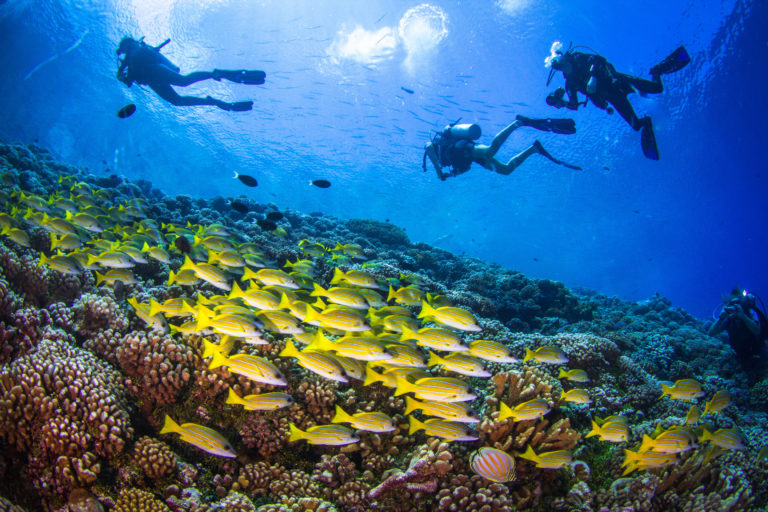
1. Discover and extend your passions.
While we know what our passions are, life-long-learners know from experience that we often don’t know what they could be. A mild curiosity sometimes only hints at a deep, underlying interest waiting to emerge and grow. The only way to know is to pursue these, ideally through courses or programs that get you truly engaged. As an example, an instructor I know had a slight interest in cave diving. Almost on a whim though, he took a cave diver course and 20 years later, cave diving is still one of his primary, favorite underwater pursuits. If he’d decided that because he’s an instructor he didn’t need to keep learning, he’d have lost two decades of something he’s truly passionate about.
There’s another side to this, too. By continuing your education, you also learn what your passions are not. We’re usually pretty good at choosing things that interest us, but it’s not a waste when you miss the mark and learn about something that’s in the wrong direction because it redirects you to where your interests really lie. A diver I knew chose the search and recovery dive in the PADI Advanced Open Water Diver course thinking he’d really enjoy finding and floating lost stuff. While the dive went fine and he did well, he learned that it really wasn’t for him. So, having never dived a dry suit, he did that dive next and that hit his hot button because diving dry is way more useful for his diving.
But, we’re not just talking about diver courses. What you learn in diving takes you beyond diving, and vice versa, if you just run with it. I know several divers who started with underwater photography, but as their love for the art blossomed, soon they were studying the dry side of imaging. Today they’re professional-level photographers above water as well as below. Flipping it around, many public safety divers start as police officers and fire fighters, then keep learning so they can take their expertise underwater when needed.
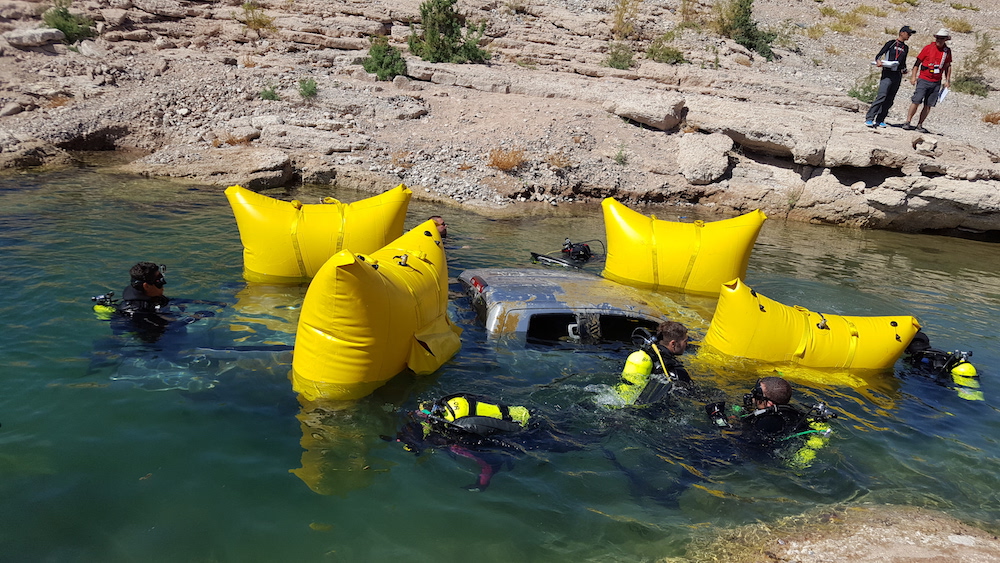
2. Share and pay forward.
Public safety diving – a profession that helps solve crimes, save lives and bring closure after tragedy – demonstrates that continuing to learn isn’t just about you. Learning more is often part of giving more – directly or indirectly. If we train in diver rescue and CPR/first aid, we’re better able to help someone in serious emergency situations – diving and non-diving. Learn how to help people with physical or mental challenges dive, and you’re uniquely prepared to buddy with someone who has those needs. Take a course or courses in marine life survey techniques, debris collection, environmental science, wildlife resource management, coral restoration etc. (this can be a very long list), put what you learn into practice, and you become part of the solution for a cleaner and healthier world.
Qualify as a teacher and/or instructor in any of these areas, and you can help others help others with these kinds of courses. Add American Sign Language (or the sign spoken where you are), and you can teach people with hearing impairment challenges. You get the point – none of this happens if we don’t keep learning.
https://www.youtube.com/watch?time_continue=1&v=7XsMsdwnBvw
While continuing our education is more important than ever before, fortunately, in almost every endeavor it is also more accessible than ever before. It’s true in diving. You probably know you can start most PADI courses with a call, message or visit to your local PADI Dive Center and Instructor, and with many, just a click at padi.com. But, the life-long-learning door is wide open –in the modern world, the challenge isn’t finding, but choosing. Search “YOUNAMEIT courses” and you’ll almost always find multiple courses, programs and elearning opportunities to research further and pick from.
If you’re passionate about diving like I am, I’m sure you’ll keep learning about diving and the underwater world. Hopefully, your next course will uncover a new underwater passion or expand one you have now. But, please, don’t limit your learning to diver courses. You’re never too young or too old, so keep learning something to share and pay forward.
As Gandhi said, “Live as if you were to die tomorrow. Learn as if you were to live forever.”
Dr. Drew Richardson
PADI President & CEO

